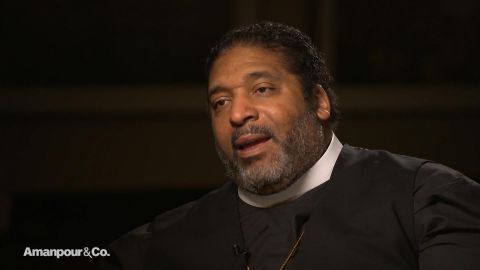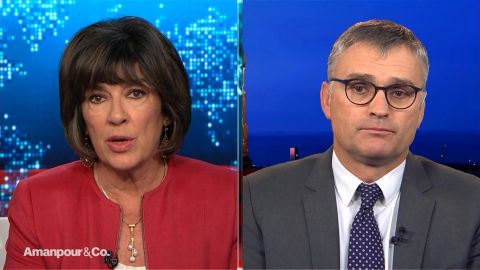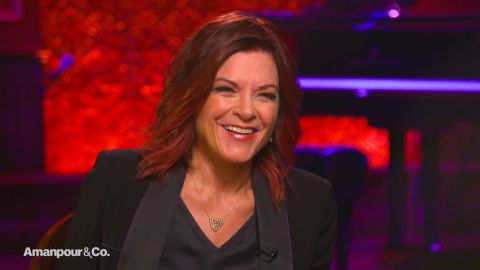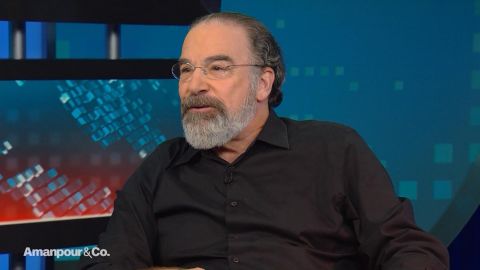Read Transcript EXPAND
ROSANNE CASH: Well, I have been an advocate for gun control and against gun violence for 20 years. I’ve served on boards. I’ve done galas. I’ve done our op-eds. That one was in the “New York Times”. I mean so this is not a new thing for me and I saw this kind of malicious inner weaving of the NRA with constant promotion and —
CHRISTIANE AMANPOUR: Tell me how because I’m not so familiar.
CASH: Well, particularly country artists, some of them would sign deals with the NRA, you know. I guess lucrative sponsorship deals or something. And it seemed so wrong to me that there was — people were conflating the NRA with patriotism. It’s just wrong. I’m a patriot and I think the Second Amendment is so abused and overused and is ripe for revision. And Amendment can be revised and so I said that you know, country musicians don’t conflate that, don’t conflate patriotism with guns. And I said there were very few people who actually spoke up and agreed. It was shocking to me.
AMANPOUR: Was that the opposite? I mean did you get sort of, in today’s sort of jargon, trolled?
CASH: Sure. Of course. Yes, a lot of blowbacks.
AMANPOUR: Eventually in your industry?
CASH: No, not within my industry. Pop and rock artists, you know, they were like right on, I’m so glad you said that. The country artist not so much. Maybe a couple but yes, their trolling was intense. You know, it comes and goes. But like I said, I have lost the need to people please. I really don’t care about the insults.
AMANPOUR: You know, we’re all trying to figure out how to place this moment in history.
CASH: Yes.
AMANPOUR: I guess the closest thing that we come to is 1968. I mean we were all young in 1968 however, it was a very very divisive polarized and tragic time with the assassinations of two great leaders here, Dr. King, RFK, huge demonstrations against the war, political protests here.
CASH: Kids getting killed on college campuses. I mean it was intense. I remind myself of that often like that was an intense time and we got through it/
AMANPOUR: And that was obviously when your father was coming up and his music was the sort of, I guess, the bomb or the anthem.
CASH: Well, you had plenty of protest songs and his music is wow. You know, he was able to hold two opposing thoughts at the same time to oppose the Vietnam War and to go play for the troops, you know. So that was a great model for me.
About This Episode EXPAND
Christiane Amanpour interviews Reverend William Barber, author Stefan Kornelius and singer/songwriter Rosanne Cash. Alicia Menendez interviews actor and singer Mandy Patinkin.
LEARN MORE



